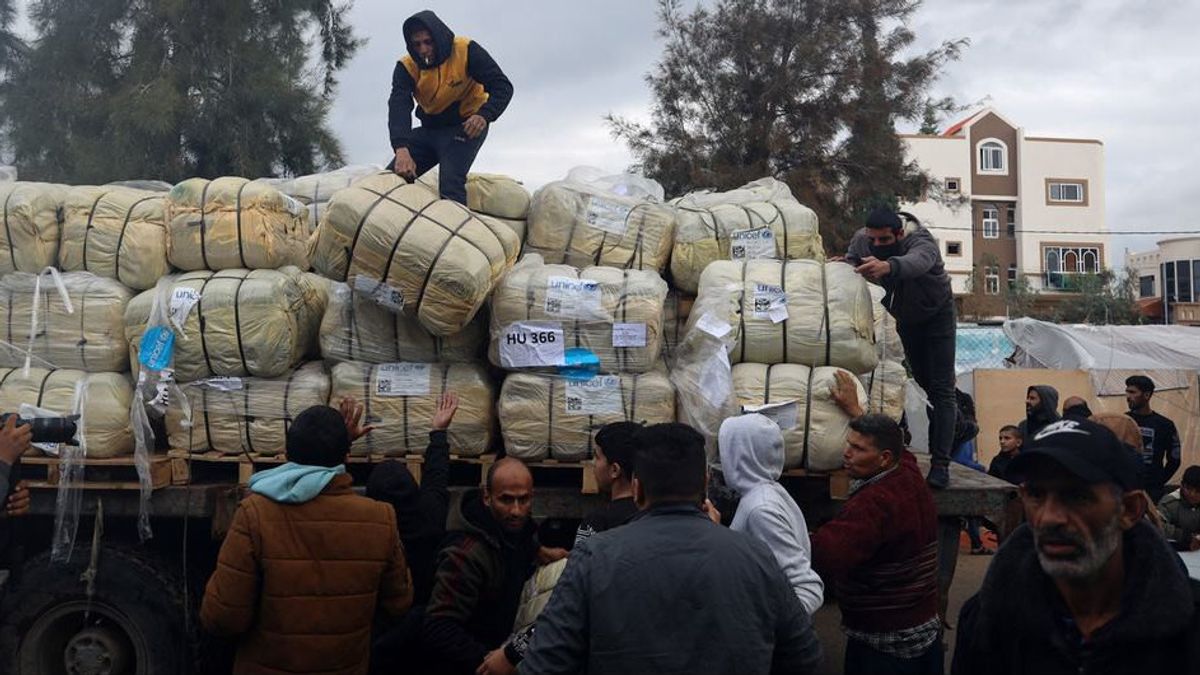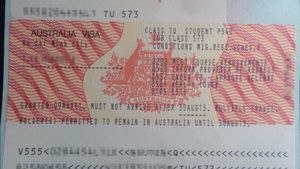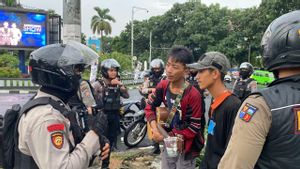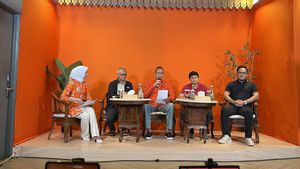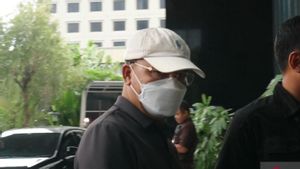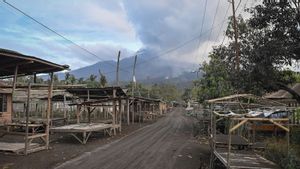JAKARTA - The head of the World Health Organization (WHO) said that increasing land crossings to distribute humanitarian aid could help prevent famine in the densely populated Palestinian enclave.
Children are dying from the impacts of malnutrition and disease, as well as a lack of adequate water and sanitation, said WHO Director-General Tedros Adhanom Ghebreyesus.
"The future of an entire generation is in serious danger," he said, as reported by Reuters, March 22.
According to the UN, the five-month war has created severe food shortages among the 2.3 million Palestinians in Gaza that in some areas now exceed starvation levels.
"Recent efforts to deliver food by air and sea are welcome. However, only expanding land crossings will enable large-scale deliveries to prevent famine," explained Tedros.
"Once again, we ask Israel to open more crossings, speed up the entry and distribution of water, food, medical supplies, and other humanitarian aid to and within Gaza," he explained.
Previously, UN aid agencies said "major obstacles" to getting aid to northern Gaza would only be overcome by a ceasefire and the opening of borders closed by Israel after Hamas launched its offensive on October 7.
Tedros said WHO requests to send supplies to the enclave were often blocked or rejected.
On the other hand, Israel said it was not limiting humanitarian aid to Gaza, blaming the slow delivery of aid on a lack of capacity or inefficiency among UN agencies.
SEE ALSO:
Most of the aid that enters Gaza by land is delivered by Israel at Kerem Shalom, a customs station at the border point between Egypt, Israel and Gaza and then taken via the southern city of Rafah, the main crossing point between Egypt and Gaza.
After allowing six aid trucks into northern Gaza through a crossing at the security fence last week, Israel said more similar aid convoys would follow as well as deliveries from other entry points.
The English, Chinese, Japanese, Arabic, and French versions are automatically generated by the AI. So there may still be inaccuracies in translating, please always see Indonesian as our main language. (system supported by DigitalSiber.id)
